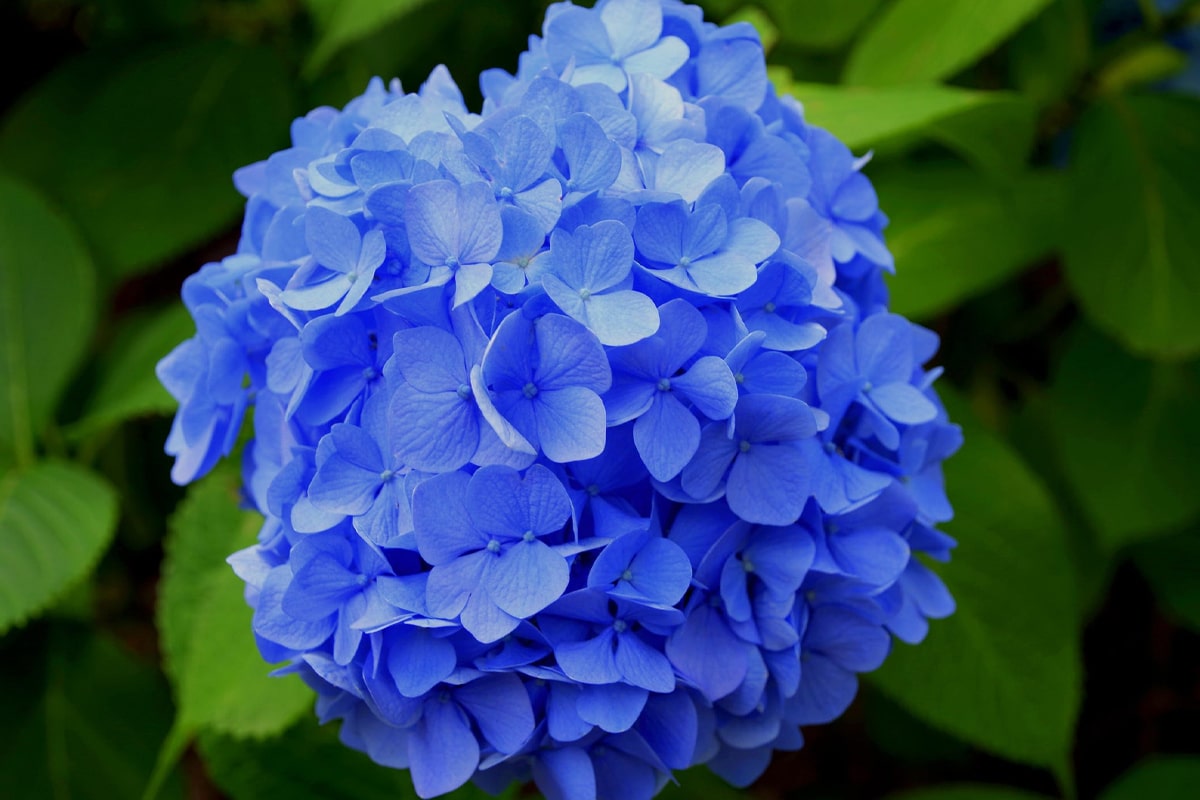Are Hydrangeas Poisonous
Hydrangeas are beautiful flowering shrubs that are popular in gardens around the world. However, did you know that hydrangeas can be poisonous?
In this blog post, we will discuss the toxicity of hydrangeas, including the symptoms of poisoning, how to treat it, and how to prevent it.
What are hydrangeas?
Hydrangeas are flowering shrubs that are native to Asia and North America. They are known for their large, showy flowers that can be white, pink, blue, or purple. Hydrangeas are popular in gardens because they are relatively easy to care for and they can add a splash of color to any landscape.
Are hydrangeas poisonous?
Yes, hydrangeas can be poisonous to both humans and animals. The leaves, flowers, and stems of hydrangeas contain a compound called amygdalin, which can break down into cyanide when it is ingested. Cyanide is a poisonous substance that can cause a number of health problems, including nausea, vomiting, diarrhea, difficulty breathing, and seizures.
Symptoms of hydrangea poisoning
The symptoms of hydrangea poisoning can vary depending on the amount of hydrangea that is ingested. In mild cases, symptoms may include:
- Nausea
- Vomiting
- Diarrhea
- Abdominal pain
- Headache
- Dizziness
In more severe cases, hydrangea poisoning can cause:
- Difficulty breathing
- Seizures
- Coma
- Death
Treatment for hydrangea poisoning
If you or someone you know has ingested hydrangea, it is important to seek medical attention immediately. There is no specific antidote for hydrangea poisoning, but treatment typically involves supportive care, such as:
- Activated charcoal to help absorb the toxins
- Intravenous fluids to help flush out the toxins
- Treatment for any other symptoms that may be present
Preventing hydrangea poisoning
The best way to prevent hydrangea poisoning is to keep hydrangeas out of reach of children and pets. If you have hydrangeas in your garden, it is important to keep them well-maintained and to trim any dead or dying branches. You should also teach children and pets not to eat hydrangeas.
Conclusion
Hydrangeas are beautiful flowers, but they can be poisonous if ingested. It is important to be aware of the risks of hydrangea poisoning and to take steps to prevent it. If you think that you or someone you know may have ingested hydrangea, it is important to seek medical attention immediately.
FAQ of hydrangea poisonous
Q: Are hydrangeas poisonous?
A: Yes, hydrangeas are poisonous to humans and animals. All parts of the plant contain cyanogenic glycosides, which can release cyanide when ingested. Symptoms of hydrangea poisoning can include nausea, vomiting, diarrhea, headache, dizziness, and difficulty breathing. In severe cases, poisoning can lead to death.
Q: How much hydrangea is poisonous?
A: The amount of hydrangea that is poisonous varies depending on the individual and the plant. However, even small amounts of hydrangea can be harmful, so it is important to keep the plant out of reach of children and pets.
Q: What are the symptoms of hydrangea poisoning?
A: The symptoms of hydrangea poisoning can appear within minutes to hours of ingestion. They may include:
- Nausea
- Vomiting
- Diarrhea
- Headache
- Dizziness
- Difficulty breathing
- Confusion
- Seizures
- Coma
Q: What should I do if I think my child or pet has eaten hydrangea?
A: If you think your child or pet has eaten hydrangea, it is important to seek medical attention immediately. Call the Poison Control Center at 1-800-222-1222 or your local emergency number.
Q: How can I prevent hydrangea poisoning?
A: The best way to prevent hydrangea poisoning is to keep the plant out of reach of children and pets. You should also wash your hands thoroughly after handling hydrangeas.
Image of hydrangea poisonous
5 different images of "hydrangea poisonous" from Pinterest:
- Image 1: A close-up of a hydrangea leaf, with the caption "All parts of the hydrangea plant are poisonous, including the leaves, flowers, and roots."

- Image 2: A group of hydrangea flowers, with the caption "Symptoms of hydrangea poisoning include nausea, vomiting, diarrhea, and stomach cramps."

- Image 3: A jar of hydrangea extract, with the caption "Hydrangea extract is sometimes used as a folk remedy, but it can be poisonous if ingested."

- Image 4: A warning sign about hydrangea poisoning, with the caption "Keep hydrangeas out of reach of children and pets."

- Image 5: A diagram of the hydrangea plant, with the caption "The poisonous parts of the hydrangea plant are highlighted in red."

Post a Comment for "Are Hydrangeas Poisonous"